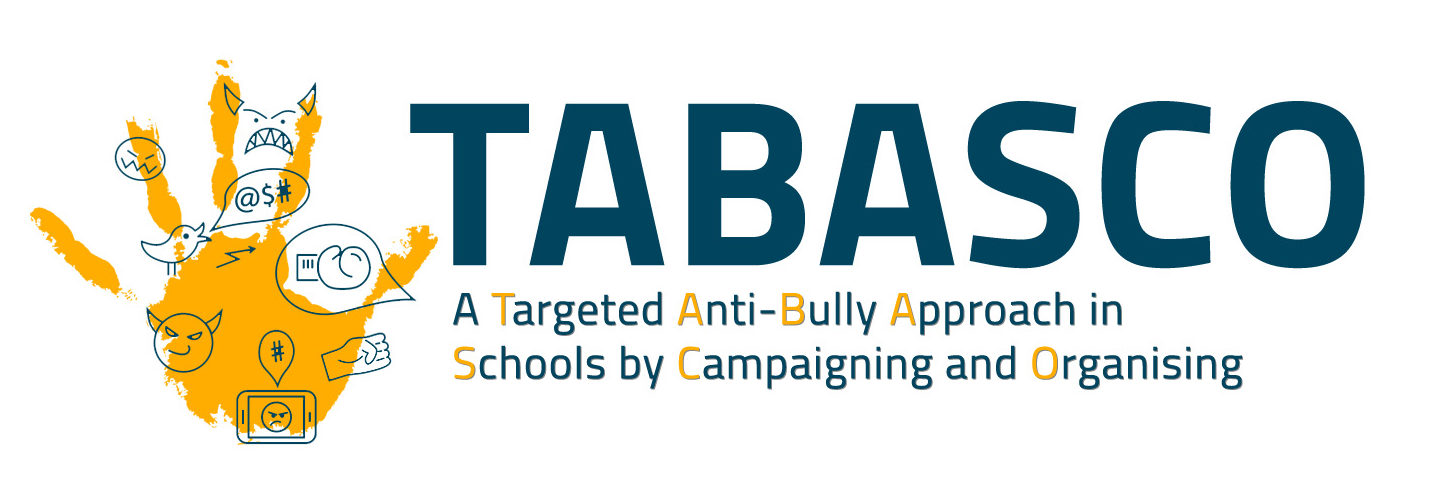What are WebQuests?
First developed in 1995 by Bernie Dodge with Tom March, the WebQuest has become a very useful educational tool. A WebQuest is a task based learning activity in which most or all of the information used by students is gleaned from the internet. Rather than having students aimlessly surf the internet, WebQuests are designed to use learners’ time well, to focus on using information rather than looking for it and to support learners’ thinking.
WebQuests are an ideal means of consolidating and enlivening work already covered in the language class. Students may for example engage in a WebQuest to go on a virtual gastronomic tour of selected regions in France. As well as fulfilling the objectives of the language class, students are also developing and enhancing their I.T skills, engaging in group work and higher order thinking skills.
How is a WebQuest structured?
A WebQuest must be structured to contain the following elements:
- Introduction: outline the background to the activity, and what you want the students to know by the end of the activity
- Task: Ensure that is motivating and do-able
- Process: Provide a list of information sources eg. Hyperlinks, links to web documents etc. so as to focus the learners’ attention and avoid them going ‘off task’.
- Provide guidance on how the information gleaned is to be arranged and presented
- Evaluation: How will you know that the students have been successful? A rubric is a useful way to assess what the children have learned.
Why use WebQuests?
There are many benefits to using WebQuests in the classroom:
- Motivational: WebQuests take a central question or scenario that honestly needs answering or exploring. Motivation is further enhanced when teachers choose a topic that pupils are genuinely interested in.
- Authenticity: The more authentic the task the more motivated the pupils will be to succeed. Students use the most up to date, real information in doing the WebQuest.
- Co-operative learning: WebQuests promote co-operative learning and group work as students take on different roles and responsibilities within a group.Promotion of higher level thinking: Students are engaged in enquiry, deduction, evaluation and other higher-order thinking skills.







